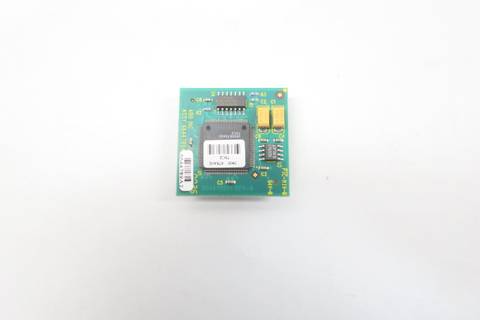YOKOGAWA ADV551-P00

Understanding the YOKOGAWA ADV551-P00: A Key Component in Industrial Automation
Welcome to AE Automation Ultra, where we deliver cutting-edge automation technologies to help you stay ahead in the industrial landscape. In this blog post, we will delve into the YOKOGAWA ADV551-P00, an essential device that plays a pivotal role in electrical engineering, specifically within the realms of industrial automation and renewable energy.
The Importance of Electrical Engineering in Automation
Electrical engineering is at the heart of modern automation systems. With rapid advancements in technology, electrical engineers are tasked with designing, developing, and maintaining systems that enhance operational efficiency and safety. The integration of intelligent devices like the YOKOGAWA ADV551-P00 is crucial in this context, as it enables seamless connectivity and control across various applications.
Technical Specifications of the YOKOGAWA ADV551-P00
The YOKOGAWA ADV551-P00 adheres to the rigorous standards set forth by IEC 60947-2, which governs low-voltage switchgear and controlgear. Understanding these specifications is vital for engineers and technicians who work with this equipment. Here are some key specifications:
- Rated Operational Voltage: Up to 690V AC
- Rated Current: 0.1A to 63A
- Short-Circuit Protection: Equipped with internal protection mechanisms
- Temperature Range: -25°C to +70°C for reliable performance in diverse environments
- Ingress Protection: IP20, ensuring a level of protection against solid objects and moisture
- Compliance: Meets IEC 60947-2 standards for safety and reliability
Applications in Industrial Automation
The versatility of the YOKOGAWA ADV551-P00 makes it suitable for a wide range of applications in industrial automation. Some notable use cases include:
- Process Control: The device is essential for monitoring and controlling electrical parameters in various industrial processes.
- Machine Automation: In manufacturing environments, the ADV551-P00 can optimize machinery operation, enhancing productivity.
- Energy Management: The device contributes to effective energy usage, reducing operational costs and environmental impact.
- Data Acquisition: It supports real-time data collection, which is crucial for predictive maintenance and operational efficiency.
Renewable Energy Applications
As the world shifts towards sustainable energy solutions, the YOKOGAWA ADV551-P00 plays a significant role in renewable energy applications. Here are some examples:
- Solar Power Plants: The device aids in monitoring and controlling the electrical output of solar panels, ensuring optimal performance.
- Wind Energy Systems: It can be used to regulate electrical parameters in wind turbines, enhancing energy generation reliability.
- Energy Storage Solutions: The ADV551-P00 is ideal for managing energy flow in battery storage systems, improving efficiency and safety.
Conclusion
The YOKOGAWA ADV551-P00 is an indispensable component in the field of electrical engineering, particularly within industrial automation and renewable energy sectors. Its robust technical specifications, adherence to IEC 60947-2 standards, and diverse applications make it a valuable asset for engineers and businesses alike.
For more information on automation technologies and solutions, visit fanucultra.com. Additionally, you can learn more about electrical standards from authoritative organizations like the International Electrotechnical Commission (IEC).



